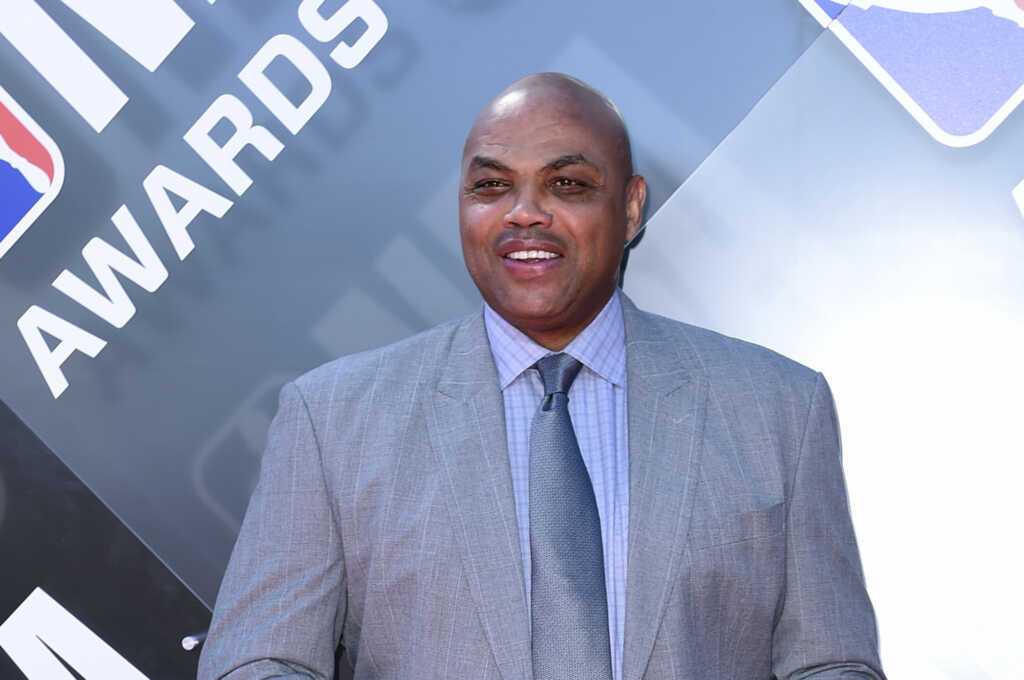Charles Barkley has never been afraid to speak his mind and he did so again on the re-start of the NBA season last night, addressing the national anthem kneeling and those who refuse to kneel.
“The national anthem means different things to different people. I’m glad these guys are all unified, but if people don’t kneel, they’re not a bad person. I want to make that perfectly clear,” Barkley said. “I’m glad they have unity, but if we have a guy who doesn’t want to kneel because the anthem means something to him, he shouldn’t be vilified.”
You can see his comments here:
As noted by TheBlaze, Barkley received immediate backlash for his comments.
“Charles Barkley, we are worried about the people who ARE kneeling being vilified,” responded one sports account on Twitter.
“Charles Barkley does not speak for black people – he speaks for his white golf buddies who he doesn’t want to disappoint. He’s more worried about white men view him than how black women do. He spent years tap dancing on TV and now he’s a black leader – says who?” said another Twitter user.
“If Charles Barkley were in the wrong time at the wrong place, he would be a victim of police brutality and he’s out here supporting it,” said another commenter.
Several of the players also wore social justice statements on their jerseys, though none directly addressed the litany of human rights abuses happening in China, including with their own partner NBA camps now under investigation for “player abuse” with one former league employee describing the working conditions akin to “World War II Germany.”
The NBA ran into myriad problems by opening one of the academies in Xinjiang, a police state in western China where more than a million Uighur Muslims are now held in barbed-wire camps. American coaches were frequently harassed and surveilled in Xinjiang, the sources said. One American coach was detained three times without cause; he and others were unable to obtain housing because of their status as foreigners.
A former league employee compared the atmosphere when he worked in Xinjiang to “World War II Germany.”
In an interview with ESPN about its findings, NBA deputy commissioner and chief operating officer Mark Tatum, who oversees international operations, said the NBA is “reevaluating” and “considering other opportunities” for the academy program, which operates out of sports facilities run by the Chinese government. Last week, the league acknowledged for the first time it had closed the Xinjiang academy, but, when pressed, Tatum declined to say whether human rights were a factor.
“We were somewhat humbled,” Tatum said of the academy project in China. “One of the lessons that we’ve learned here is that we do need to have more direct oversight and the ability to make staffing changes when appropriate.



